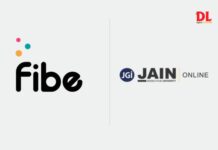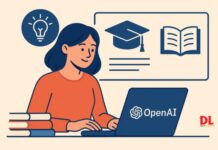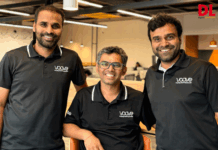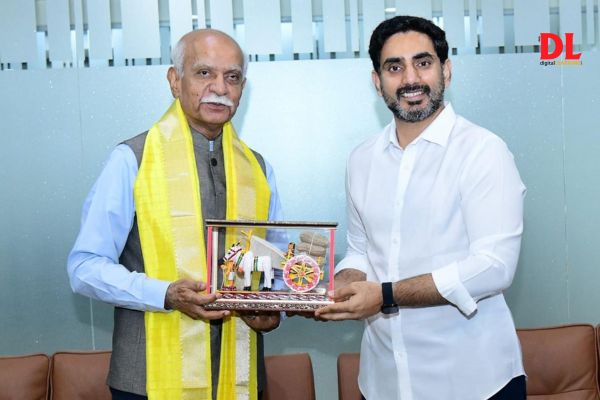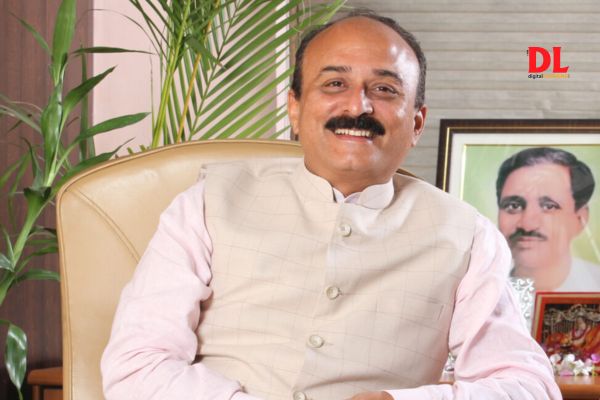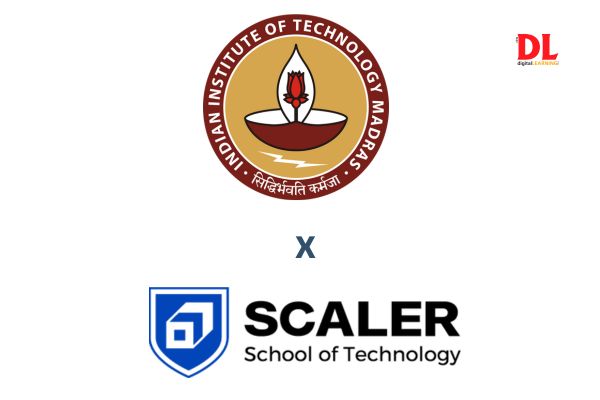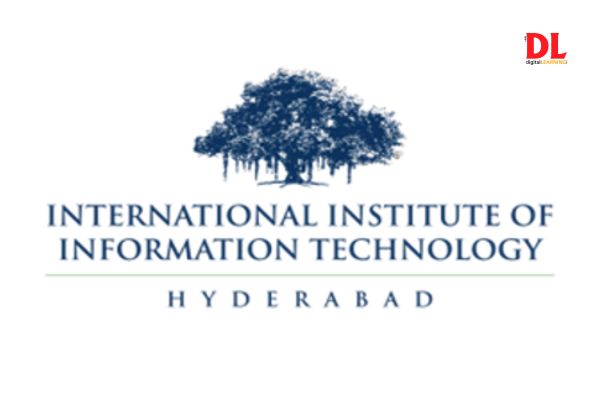Veranda Learning Solutions has launched a major restructuring initiative under its Veranda 2.0 roadmap, aimed at sharpening operational focus, enabling faster growth, and unlocking long-term value across its education businesses. A dedicated sub-committee, primarily composed of independent directors, is evaluating potential synergies, operational redesign, and possible merger or demerger of its four core verticals—academic, commerce, government test prep, and vocational training—with support from external consultants.
Central to this transformation is Veranda’s commerce education vertical, which houses market-leading brands like JK Shah Classes, BB Virtuals, Navkar Digital Institute, Tapasya College of Commerce, and Logic School of Management. With over 2,000 CA rankers since 2001, this segment has emerged as a dominant force in the CA, CS, CMA, and ACCA coaching space. Spearheaded by Prof. J.K. Shah, the vertical is set to drive Veranda’s next phase of expansion.
The recently approved QIP (Qualified Institutional Placement) is expected to inject liquidity, fuel business acceleration, and help key verticals become debt-free.
India’s positioning as a global finance and accounting talent hub—with 1,580+ Global Capability Centres and over 4.3 million B.Com enrolments annually—presents a massive growth opportunity. Veranda aims to ride this wave, projecting its commerce vertical revenue to surge from ₹281 crore in FY25 to over ₹1,000 crore by FY30, with student enrolments doubling from 4.01 lakh to over 8 lakh.
Driven by brand consolidation, cross-selling, and increased student lifetime value, the company targets margin expansion from 36% in FY25 to 50% by FY30.
Also Read: Visakhapatnam to host India’s innovation hub backed by Cyient and AICTE
Veranda 2.0 envisions building powerhouse verticals that are agile, profitable, and primed for scale in India’s rapidly evolving education landscape.
Chairman and Executive Director Suresh Kalpathi stated, “The restructuring is a decisive move towards focused growth. We remain confident in the strength of each vertical, especially commerce, our largest contributor to revenue and profitability.”

